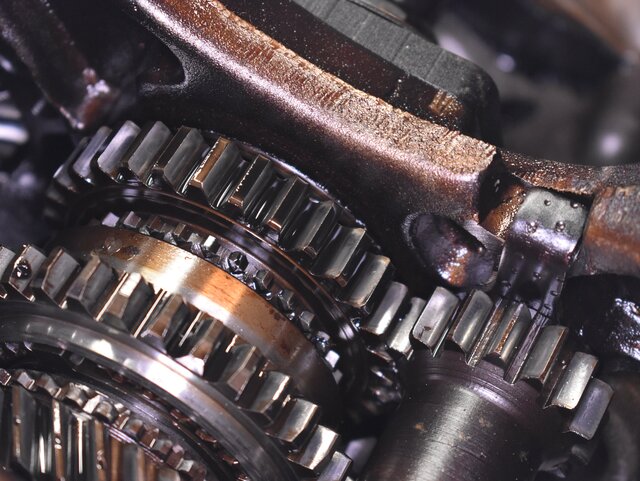The Tribology of Plant-Based Natural Fibre Polymer Composites

Natural fibre polymer composites have emerged as a viable alternative to synthetic fibre-reinforced composites. These composites, crafted from natural fibres like jute, coir, sisal, and cotton, offer properties comparable to their synthetic counterparts, but with added environmental benefits.
However, natural fibres also come with certain drawbacks that affect their tribo-mechanical behaviour. Natural fibres, by nature, are hydrophilic, which means they absorb moisture readily. This characteristic, coupled with their generally lower strength compared to synthetic fibres, poses significant challenges.
The properties of natural fibres can vary depending on factors like the harvesting location, time, and season. Such variability can negatively impact the performance of natural fibre polymer composite materials.
To mitigate these issues, surface treatments and the addition of fillers during the manufacturing process are employed. These methods aim to reduce the hydrophilic nature of the fibres, thereby improving their performance in composite materials.
Derived from the bast of Corchorus capsularis and Corchorus olitorius plants, jute fibre is a main component in the field of natural fibre composites. Utilised in applications ranging from low-cost housing to small fishing boats, jute-polymer composites such as jute/epoxy, jute/polyester, and jute/polypropylene have shown promise.
Surface treatment of jute fibres is vital for enhancing the performance of these materials. Coupling agents have been shown to improve the abrasive wear resistance of jute fibre-reinforced polyester composites. A 33% fibre volume fraction, for instance, increases the friction coefficient by 14% and reduces the wear rate by 95% in normal fibre orientation.
Coir fibre, extracted from the husk of coconut trees predominantly grown in countries like India, Sri Lanka, and Indonesia is another useful material. Despite its extensive use in products like ropes and mats, a substantial amount of coconut husk remains underutilised.
Researchers are delving into the tribological and mechanical properties of coir fibres to develop industrial applications. Studies on coir-filled epoxy matrix composites, for example, have explored improvements in wear resistance with varying fibre concentrations.
Sisal fibre, obtained from the leaves of sisal plants found in regions like Brazil and the West Indies, is renowned for its strength and resistance to corrosion. However, its hydrophilic nature limits its longevity.
Researchers are actively exploring treatments to enhance the performance of sisal-based composites. Alkaline treatments, for instance, can improve the moisture absorption behaviour and mechanical strength of sisal-reinforced composites.
Investigations into short sisal fibre-reinforced epoxy composites have revealed the significant impact of operational conditions on wear characteristics. Research on sisal and glass hybrid composites suggests that sisal fibres could potentially replace synthetic fibres in tribological applications, contributing to sustainable materials without compromising performance.
Staple in the textile industry, cotton also finds applications in composite materials. Research on cotton fibre reinforced polyester composites indicates that varying the weight fractions of fillers like graphite and SiC significantly affects friction properties.
Increased filler content generally enhances adhesion and distribution, leading to variations in the coefficient of friction. Studies on glass and sugarcane fibre composites have emphasised the importance of understanding filler distribution and its impact on composite performance.
The exploration of natural fibre polymer composites shows the potential of sustainable materials in engineering applications.
Manufacturing engineering and mechanical failure services
If you require an expert to investigate a plant or machinery failure, then it’s vital that you select one with manufacturing-specific experience.
At Neale Consulting Engineers, our manufacturing-specific experience makes us the perfect partner for both proactive and reactive engineering and mechanical failure investigations.
We have a broad talent pool to draw upon. In addition to our origins in tribology, we have expert metallurgists, materials scientists, engineers, and others to assist in our investigations.
To learn more about our manufacturing engineering and mechanical failure services, contact us today.
Contact Neale Consulting Engineers today
References
- Parikh, H.H., 2023. Tribology of plant-based natural fiber reinforced polymer matrix composites–a short review. Journal of Natural Fibers, 20(1), p.2172639.
- Neto, J., Queiroz, H., Aguiar, R., Lima, R., Cavalcanti, D. and Banea, M.D., 2022. A review of recent advances in hybrid natural fiber reinforced polymer composites. Journal of Renewable Materials, 10(3), p.561.
- Date
- 07/04/2025





